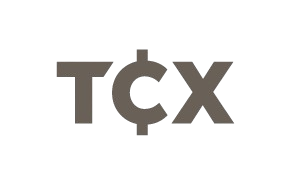Crude oil prices hovered below USD 69/barrel, driven by concerns over higher supply and weak demand. Expectations of eased Russian sanctions could boost global oil supply, while a potential Russia-Ukraine peace deal added to pressure. Trump’s tariffs on China and other partners raised fears of slower economic growth, further weakening demand. Oil prices also faced pressure from Trump’s plan to revoke Chevron’s oil license in Venezuela and Iraq’s agreement with Kurdistan to resume crude exports, though no timeline was provided. Oil is set for its largest monthly decline since September.
